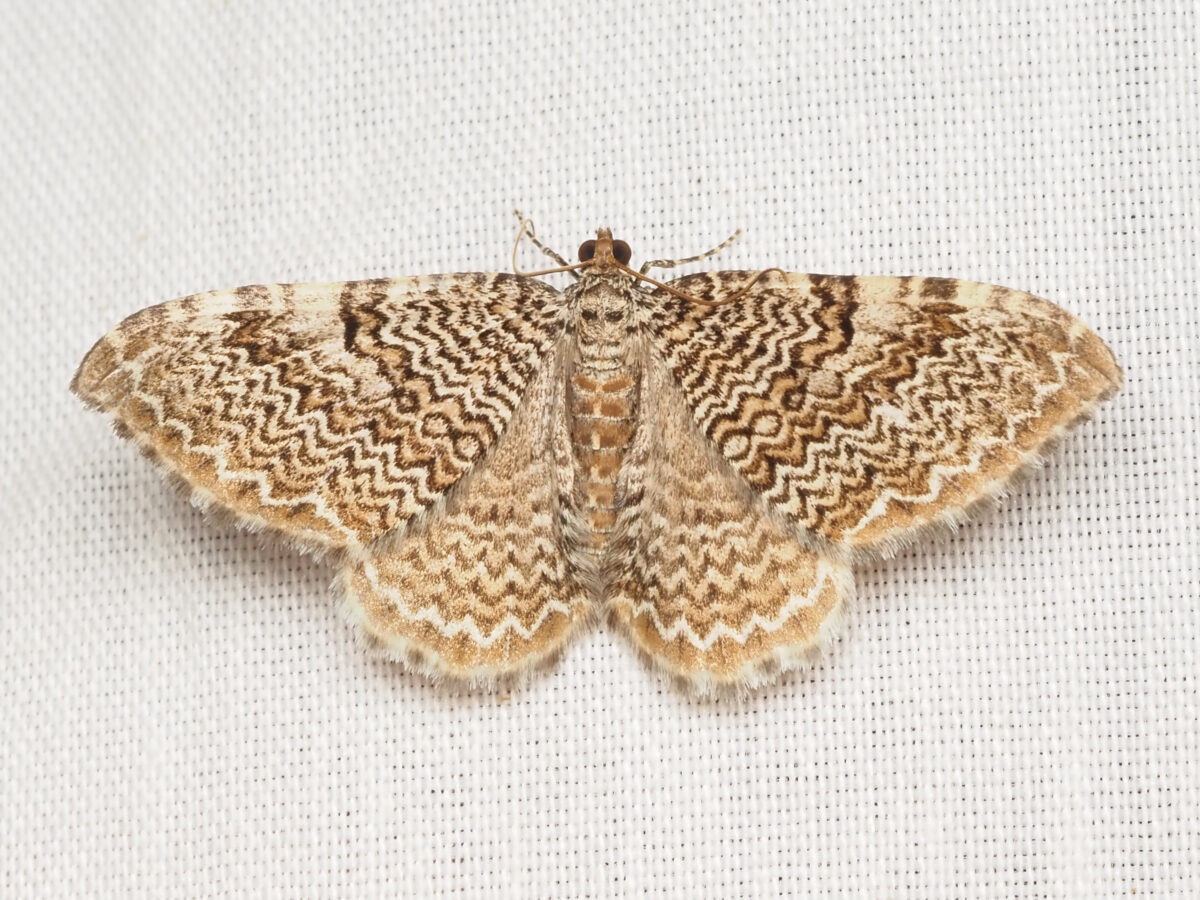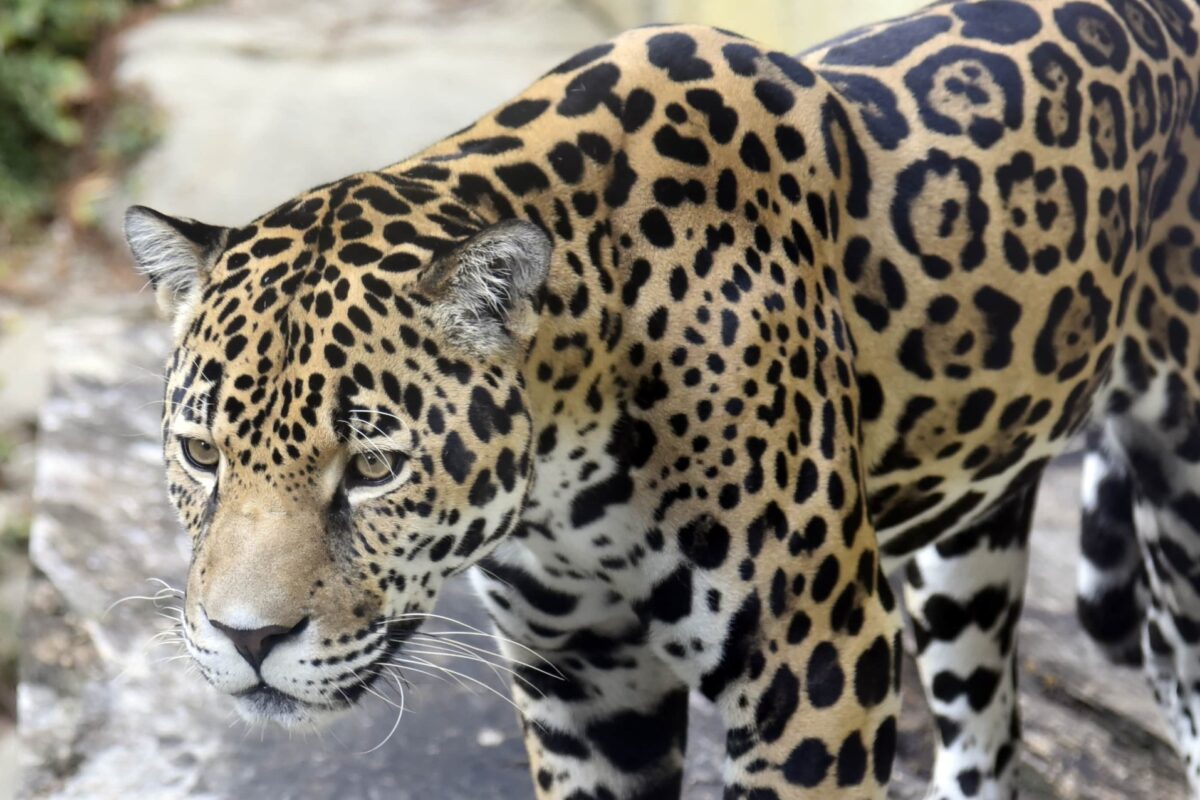Archaeologists uncover proof of original Plymouth settlement, just in time for Thanksgiving Day
Reading time: 1 minute
According to the Boston Globe, the uncovered items are believed to be a part of the first pilgrim settlement that arrived in 1620.

A team from the University of Massachusetts Boston excavated a cemetery called Burial Hill, home to the graves of several pilgrims.
They found discolored soil and calf bones under a layer of discarded items from the 17th century, and they believe the calf bones are proof of the pilgrim settlement, since Native Americans did not raise cattle in that area.
The team of archaeologists also found “a stone-tool workshop, pottery, and other artifacts indicating that Native Americans used Burial Hill before the Pilgrims’ arrival.”
The researchers are working with a three-year, $200,000 grant from the National Endowment for the Humanities (NEH) Their goal was to find the location in time for the 400th anniversary of the Plymouth Colony’s founding, in 2020.
Boston news affiliate WCVB reports that the historical finds were unearthed by undergraduate students.



